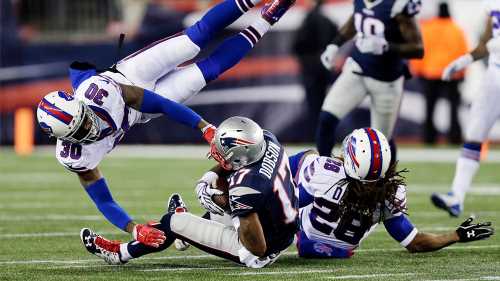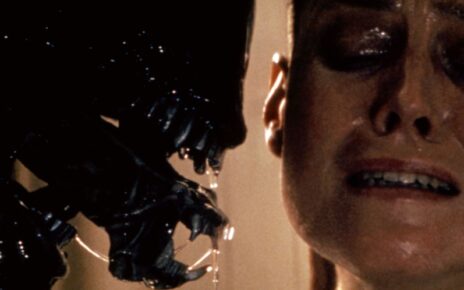Disney and Charter have decided to let ESPN sports take the field on traditional cable after all.
The two media giants, battling for the past week over a renewal for carriage of Disney’s various cable networks on Charter’s major-market cable systems, have come to new terms, according to the companies. The deal puts Disney networks like ESPN and ABC back on Charter’s cable service, but also allows Charter to drop several of them, even as Charter agrees to pay Disney for making some of its streaming services available to customers. The squabble, even though now settled, has the potential to echo in the media sector for months to come as distributors push back on major programmers like Disney that are increasingly putting more of their best content on stand-alone streaming services.
While cable networks were at the center of the fight between the two companies, much of the deal has to do with the potential of broadband. Under terms of the new pact, Disney will make the ad-supported version of Disney+ available to as many as 9.5 million subscribers “under a wholesale arrangement,” while making ESPN+ available to those same customers. And Disney agreed to make the flagship version of its ESPN direct-to-consumer product — long speculated as a major step for the company — available to Charter’s Spectrum customers “when it launches.”
Charter won the flexibility to offer a range of video packages at varying price points based upon different customer viewing preferences — potentially a significant capitulation, because most programmers have long forced cable and satellite distributors to bundle many of its networks together, forcing subscribers to pay for options they may not watch regularly. Charter is also expected to offer Disney’s direct-to-consumer services to all its customers, particularly its broadband-only customers–– for purchase at retail rates. These include Disney+, Hulu and ESPN+, as well as The Disney Bundle.
Disney agreed to let Charter drop carriage of some prominent cable networks, including Freeform, Disney Junior, Freeform, Nat Geo Mundo, Nat Geo Wild, FXM and Baby TV. A portion of the content from these networks remains available on other cable properties Charter will carry, or can be found on Disney+ or Hulu. While Hulu is not made part of the deal, Disney is slated to unveil a new product that will allow Disney+ subscribers to toggle to Hulu within the same app.
“Our collective goal has always been to build an innovative model for the future. This deal recognizes both the continued value of linear television and the growing popularity of streaming services while addressing the evolving needs of our consumers, “said the top executives of both companies, Disney CEO Bob Iger and Charter CEO Chris Winfrey, in a joint statement. ” We also want to thank our mutual customers for their patience this past week and are pleased that Spectrum viewers once again have access to Disney’s high-quality sports, news and entertainment programming, in time for Monday Night Football.”
Charter and Disney, one of the nation’s biggest cable providers and one of the nation’s most popular content companies, came to an impasse earlier this month, with Disney pulling ESPN, ABC, and other big TV networks from Charter’s systems on the cusp of the start of both the NFL and college-football seasons. Charter’s systems include some that serve New York City and Los Angeles, two of the biggest media markets in the country. Charter’s Spectrum cable service has just under 15 million subscribers.
Carriage disputes have become increasingly common in the media industry, as programmers and distributors seek to keep revenue from linear TV flowing as customers jump to digital venues for their news, sports and entertainment. But this one raised eyebrows. Charter said it could no longer agree to pay higher rates for the same set of Disney cable networks when the company was losing video subscribers in droves. Charters said nearly 25 million customers, or 25% of the base of multichannel video programming distributors, have canceled their subscriptions over the last five years, and said it felt a rate hike for Disney would require that its basic cable subscribers gaining access to Disney+ at no extra charge, a request that made Disney executives balk.
.
Read More About:
Source: Read Full Article


